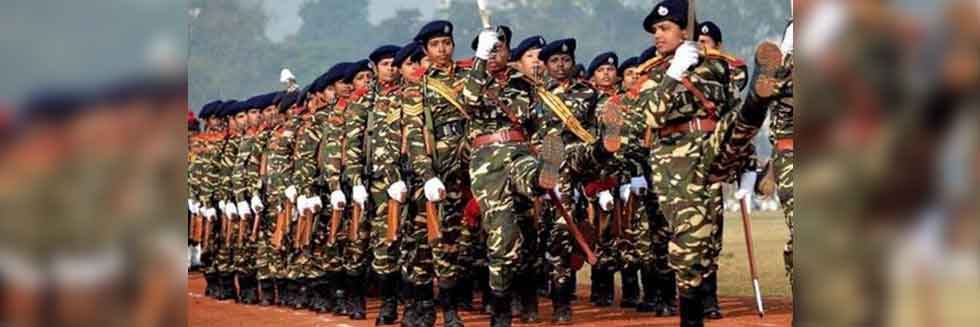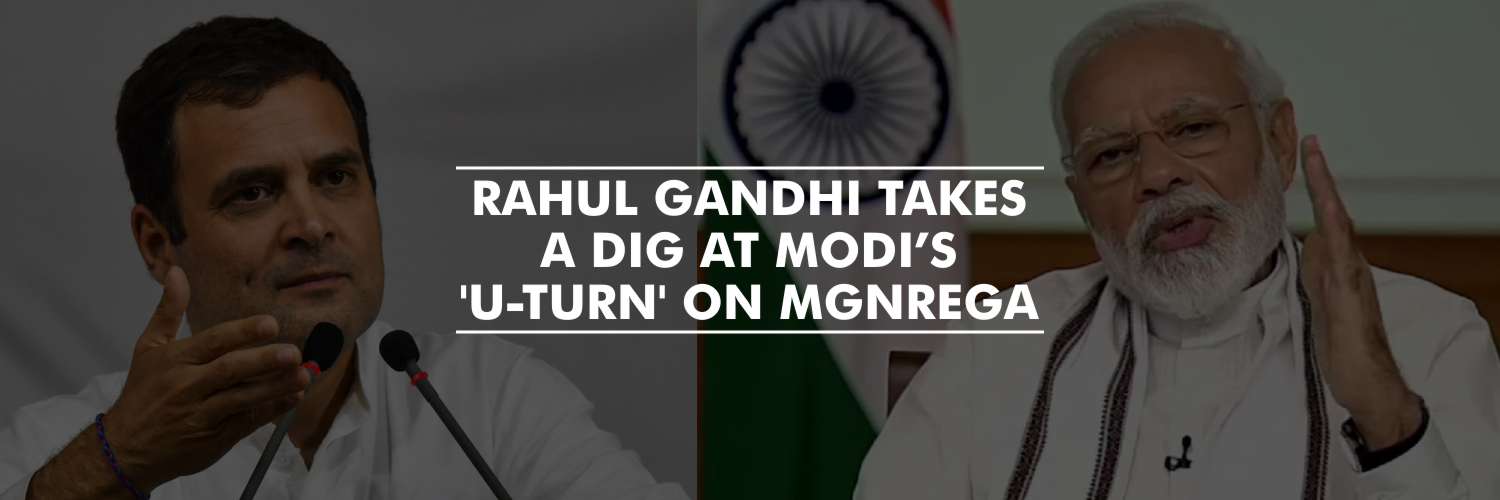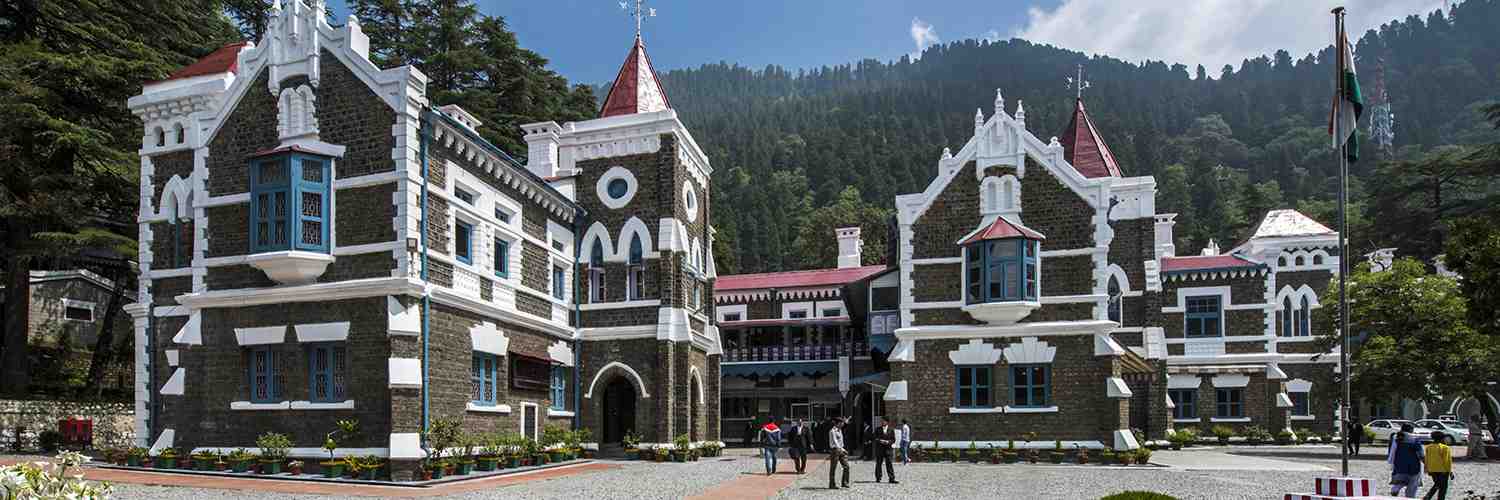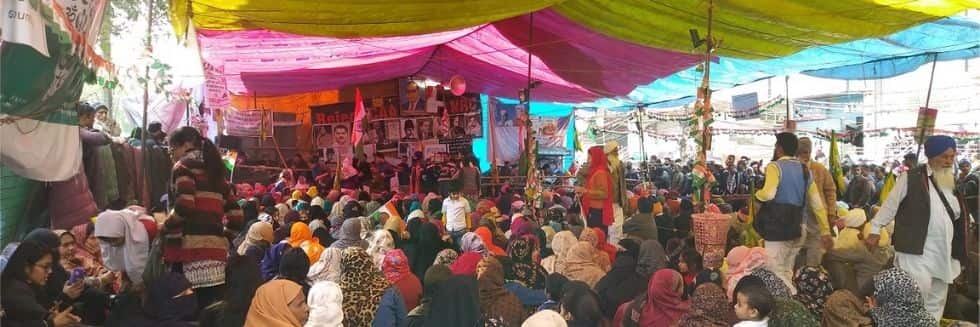Supreme Court on Thursday, has dismissed a petition filed by various women Indian Army officers seeking an extension of the last date for being eligible to enjoy the service benefits in order to be considered for the permanent commission.
The court dismissed the plea filed by female Indian army officers after noting that any modification in the cut-off date for the eligibility for permanent commission service benefits.
In a landmark judgment given by the top court in February this year, the court has allowed women army officers, to command positions on par with male officers. The court pilled up government over their arguments and considered them “discriminatory”, “disturbing” and based on stereotype.
In February 2020 verdict, the court ruled that women army officers who have completed 14 years of service, will be eligible for the permanent commission and promoted to the colonel rank. Based on merit, they will be given substantive command. The ruling also states that women who have served for 14 years in SSC but unable to get the permanent commission, can serve for 20 years.
The petitioners, women army officers have approached the Supreme Court through advocate Meenakshi Lekhi as they have failed to pass the cut-off date and fell around one month short from completing 14 years. They sought the directions to have an option to serve for 20 years.
Advocate Lekhi contended, ” The government order accepting the cut-off date came only in July. Therefore, these women officers could be accommodated and, thereby, receive the benefit of pension arising from 20 years’ service.”
Justice DY Chandrachud noted,”Our judgment said those who had completed 14 years of service, as on the date of the judgment, will get pension and PC benefits. The cut-off is the date of the judgment. If we modify it, we will have to modify for successive batches.”
“It will have serious implications. Every batch will be completing 14 years,” said Justice KM Joseph.
“On July 16, when the government passed orders relating to permanent commission, all those who had completed 14 years in service (as on February 17) will get pension. If you allow (this to be) open-ended, it will become difficult to implement. Every six months a batch gets commission. We cannot allow them to get benefit like this,” argued a senior advocate appearing for government, Col Balasubramaniam.
The court asked, “We feel we should be able to do something for them but where do we draw the line.”






